Speaker
Description
Core-collapse supernovae are the spectacular deaths of massive stars. These cosmic explosions are the birthplace of neutron stars and black holes. They synthesize many elements and emit copious amounts of neutrinos. One of the key ingredients in modeling core-collapse supernovae is the nuclear equation of state (EOS). The EOS affects many aspects of core-collapse supernovae, such as the explosion properties, the compact remnant, the neutrino emission from the nascent neutron star, and the composition of the innermost ejecta. In this talk, I will discuss recent results from over 1500 core-collapse supernova simulations with six different nuclear EOS. We analyzed the resulting observables to determine to which extent the EOS can be identified or constrained from such observations. For example, we used statistical distance measures on the mass distribution of neutron stars and black holes to find the EOS most favored by these observations. Additionally, we used a linear perturbation analysis to identify two characteristic frequencies, of the early- and late-time gravitational wave signal, that measure the surface gravity of the cold remnant neutron star, and simultaneously constrain the hot nuclear EOS.
